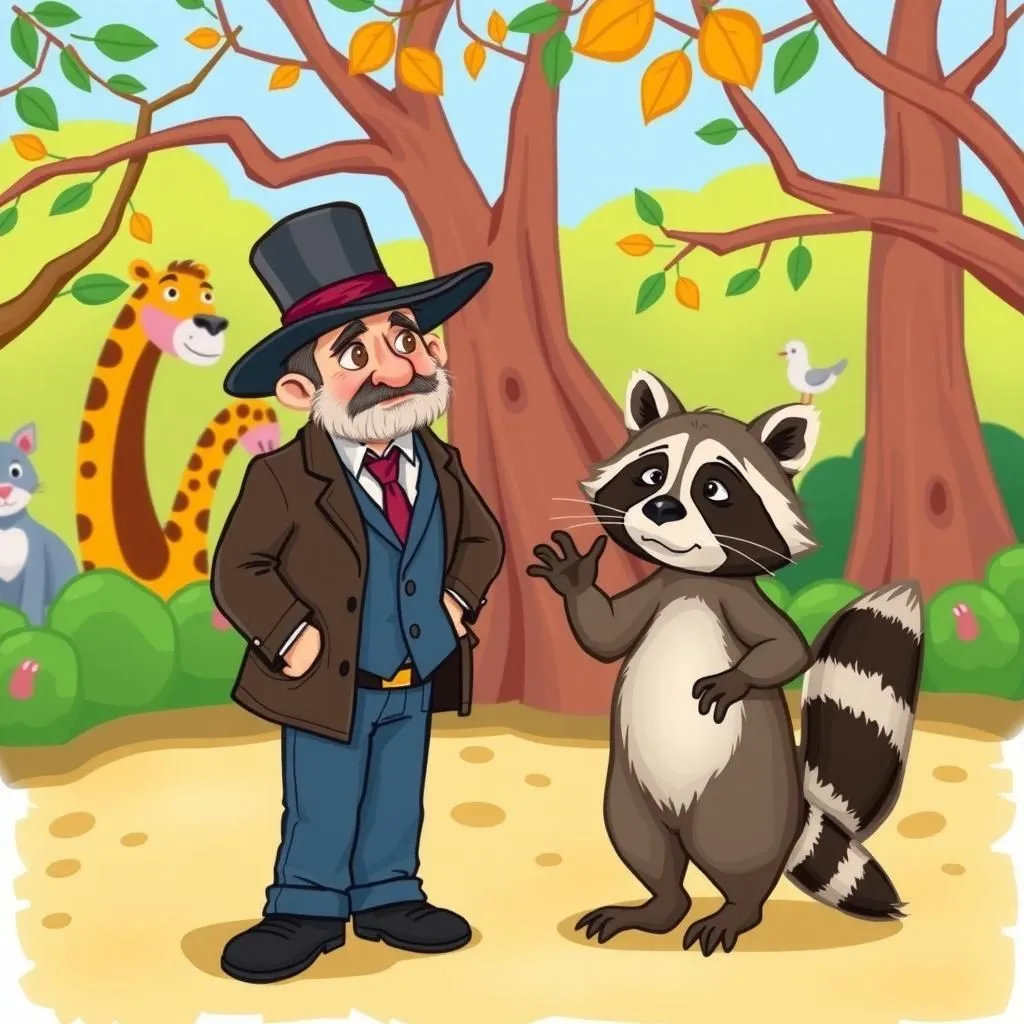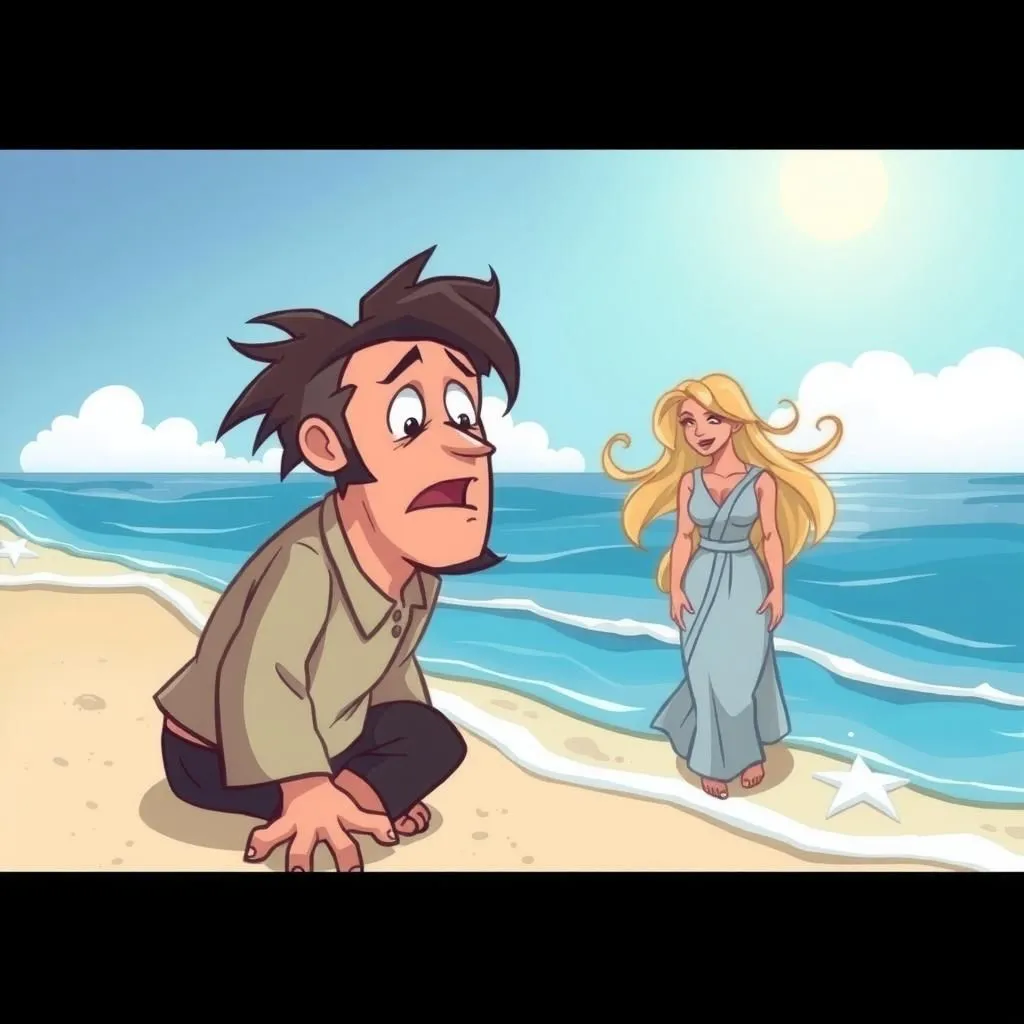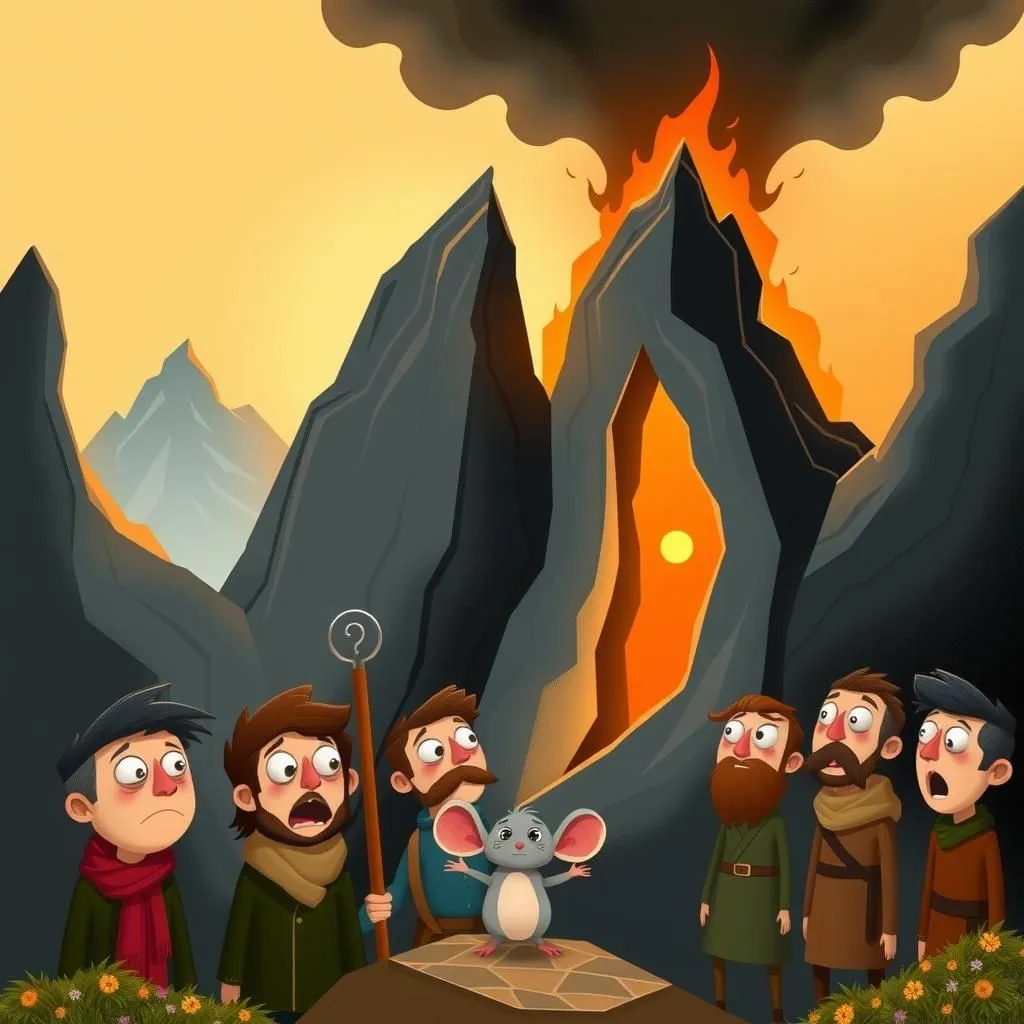
The Alderman and the Raccoon
In "The Alderman and the Raccoon," an Alderman at a zoo remarks on the Raccoon's tail rings, prompting the clever Raccoon to hint at the meaningful stories behind the Alderman's own reputation. Uncomfortable with the comparison, the Alderman retreats and ultimately decides to steal a camel, illustrating the simple lessons from stories that often reveal deeper truths. This short tale is part of a collection of moral stories written to provoke thought and reflection.


